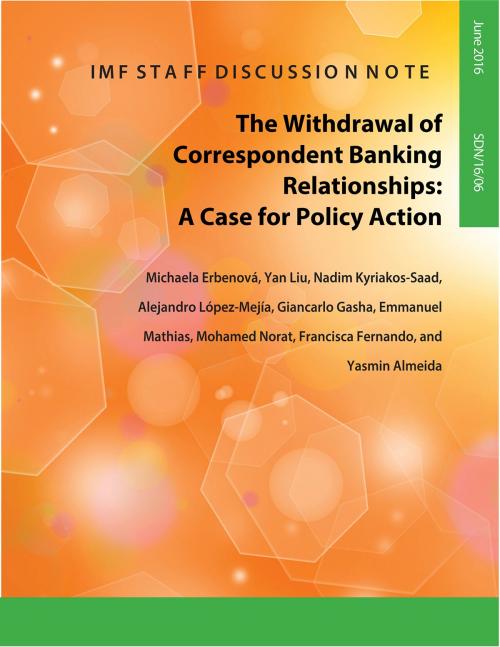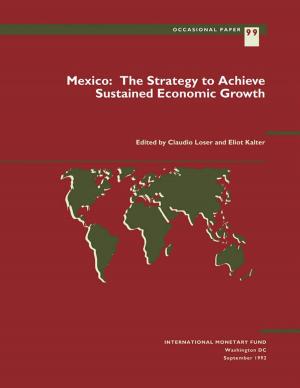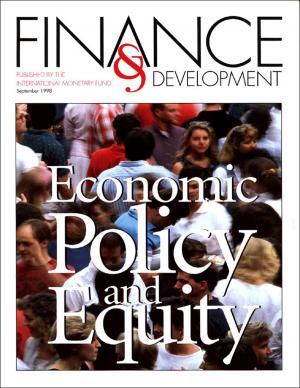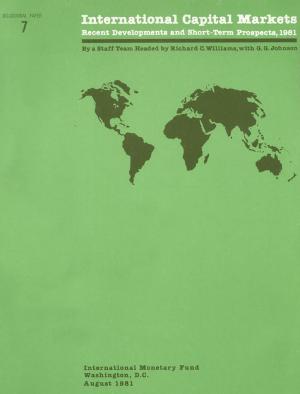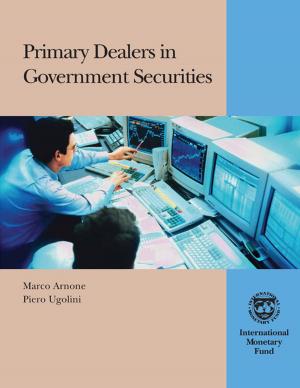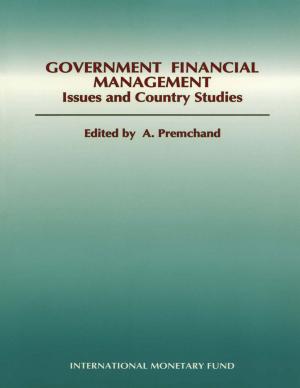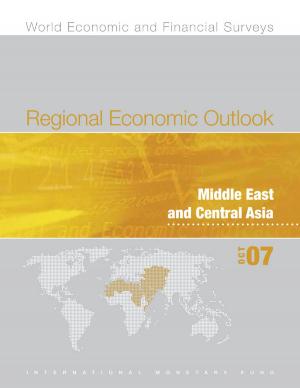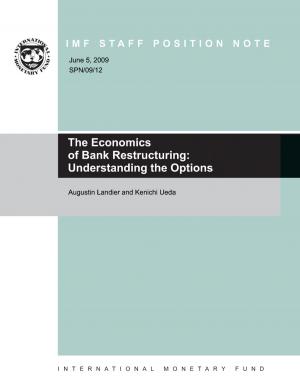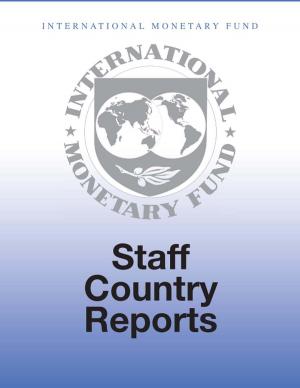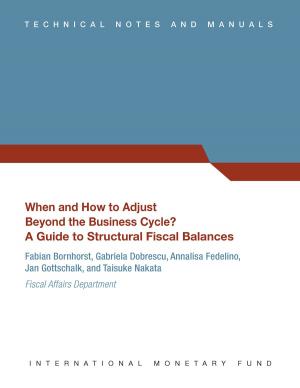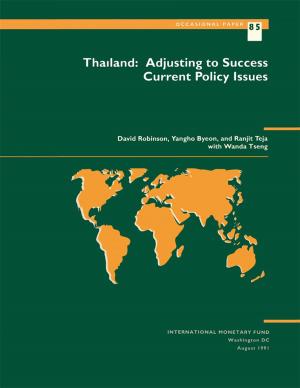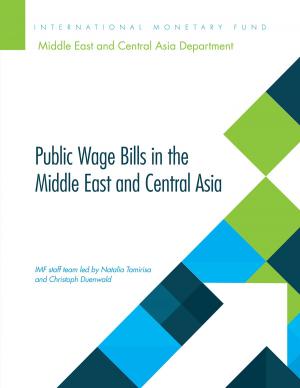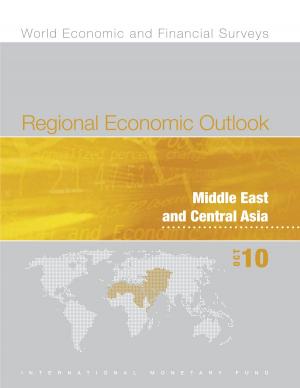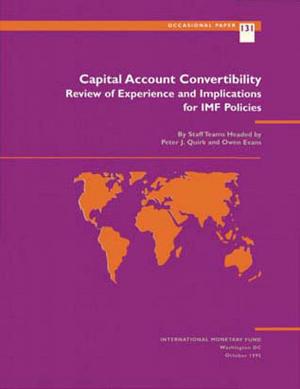The Withdrawal of Correspondent Banking Relationships
A Case for Policy Action
Business & Finance, Economics, International Economics, Nonfiction, Social & Cultural Studies, Political Science, Politics, Economic Policy| Author: | Michaela Erbenova, Yan Liu, Nadim Kyriakos-Saad, Aledjandro Lopez Mejia, Jose Giancarlo Gasha, Emmanuel Mathias, Mohamed Norat, Francisca Fernando, Yasmin Almeida | ISBN: | 9781498336536 |
| Publisher: | INTERNATIONAL MONETARY FUND | Publication: | June 30, 2016 |
| Imprint: | Language: | English |
| Author: | Michaela Erbenova, Yan Liu, Nadim Kyriakos-Saad, Aledjandro Lopez Mejia, Jose Giancarlo Gasha, Emmanuel Mathias, Mohamed Norat, Francisca Fernando, Yasmin Almeida |
| ISBN: | 9781498336536 |
| Publisher: | INTERNATIONAL MONETARY FUND |
| Publication: | June 30, 2016 |
| Imprint: | |
| Language: | English |
This paper focuses on the withdrawal of correspondent banking relationships (CBRs) in some jurisdictions post-global financial crisis. It describes existing evidence and consequences of the withdrawal of CBRs and explores drivers of this phenomenon drawing on recent surveys and select country information. While the withdrawal of CBRs has reached a critical level in some affected countries, which can have a systemic impact if unaddressed, macroeconomic consequences have not been identified so far at a global level. The paper presents responses from the international community to address this phenomenon, and explains the role that the IMF has been playing in this global effort, especially with regards to supporting member countries in the context of surveillance and technical assistance, facilitating dialogue among stakeholders, and encouraging data gathering efforts. The paper concludes by suggesting policy responses by public and private sector stakeholders needed to further mitigate potential negative impacts that could undermine financial stability, inclusion, growth and development goals.
This paper focuses on the withdrawal of correspondent banking relationships (CBRs) in some jurisdictions post-global financial crisis. It describes existing evidence and consequences of the withdrawal of CBRs and explores drivers of this phenomenon drawing on recent surveys and select country information. While the withdrawal of CBRs has reached a critical level in some affected countries, which can have a systemic impact if unaddressed, macroeconomic consequences have not been identified so far at a global level. The paper presents responses from the international community to address this phenomenon, and explains the role that the IMF has been playing in this global effort, especially with regards to supporting member countries in the context of surveillance and technical assistance, facilitating dialogue among stakeholders, and encouraging data gathering efforts. The paper concludes by suggesting policy responses by public and private sector stakeholders needed to further mitigate potential negative impacts that could undermine financial stability, inclusion, growth and development goals.
